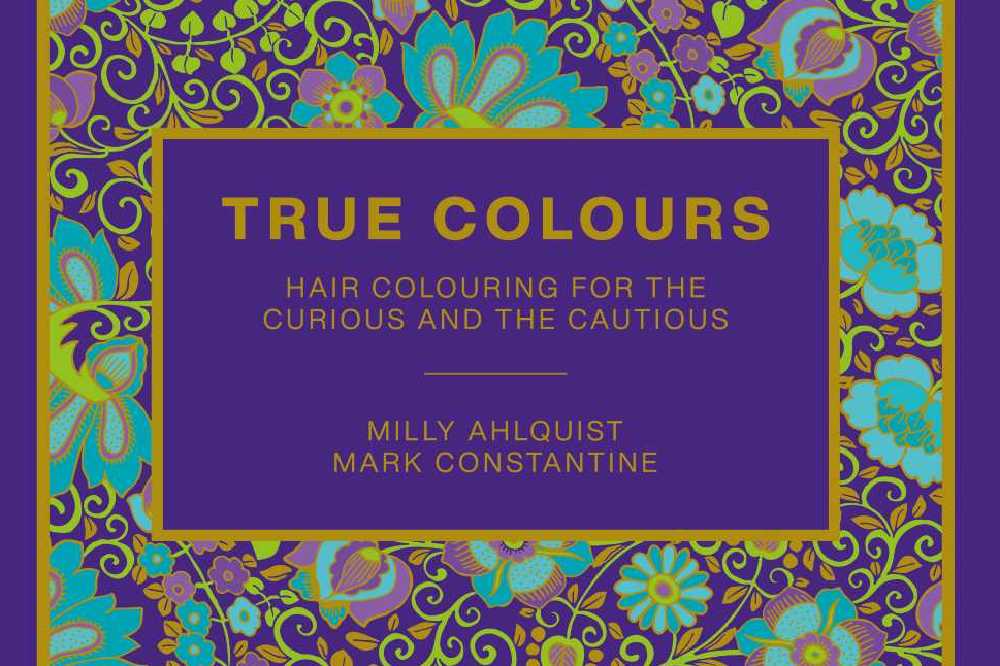For hundreds of years, women have been conditioned to fear growing old and ‘losing’ our looks. That’s allowed a savvy hair colourant industry to make us spend an incredible amount of money and time concealing grey hairs, a completely natural process that we have been told is ugly and devaluing on women. So successful is this social pressure that to be grey at middle age is somehow seen as unnatural for women.

True Colours: Hair Colouring for the Curious and Cautious
We are paying handsomely in money, time and, for some of us, possibly health, for our investment in this lie. Research indicates that hairdressers have increased risks of bladder cancer, non-Hodgkin lymphoma, some types of leukaemia (specifically chronic lymphocytic and chronic myeloid leukaemia) and multiple myeloma. Personal users of hair dyes have increased risk of breast cancer, non-Hodgkin lymphoma, lymphocytic leukaemia (as well as some conditions preceding leukaemia) and possibly multiple myeloma. These risks appear more pronounced in cases of long-term use of dark hair dye or products or regions that use higher concentrations of the popular ingredient para-phenylenediamine.
Are these products as ‘safe’ as they are advertised to be? Research suggests no, although the health risk will invariably depend on what products you use, the styles you choose and whether you have your hair coloured at a salon or do it yourself.
Hair dye use during pregnancy
Given the high number of women who dye their hair worldwide, I’m shocked that there has been no recent, detailed investigation into hair dye use during pregnancy. We are limited to historic, small-scale, regional studies, when we need something much larger and more encompassing. In an ideal world, the massively wealthy hair dye industry should hand over no-strings-attached funding to epidemiologists to do this research but that seems unlikely. So what do you say to pregnant women who ask that question: is it safe to dye my hair?
From experience, I know that pregnancy is not only a vulnerable time for mums physically but also mentally. Many expecting women tend to change their behaviour and limit harmful exposures, but it’s also a time when you can feel hormonal and self-conscious about your changing body and reach for cosmetic fixes to feel good. At my time of concluding this, I’m 14 weeks pregnant with my second child. A combination of pregnancy hormones (hello teenage skin) and overgrown hair is not filling me with confidence. I feel pale, nauseous and knackered. I’m certainly not ‘glowing’. It’s actually a time when I feel very tempted to do something more drastic with my hair in an attempt to feel better about myself - and I’m not a regular user of hair dye.
But, on the basis of what I have learned (historic links between maternal hair dye use and childhood cancers) and the lack of modern research into the since reformulated products, dyeing my hair with a synthetic hair colourant is not something I would feel comfortable with during pregnancy, or while trying to get pregnant. We really shouldn’t be telling people it’s ok to dye their hair in pregnancy because we don’t know that it is.
Is Henna Safe to Use During Pregnancy?
Henna’s incredibly long use gives it good safety credentials, and a lot of women choose to use it during pregnancy as a safer alternative to synthetic dyes. Many ancient customs that involve direct skin painting of a mother-to-be with henna during late pregnancy are still popular today. But research into all hair colouring while pregnant is shockingly low. If dying your hair is important to you, it seems clear that unadulterated henna is inherently safer than chemical hair dyes, given its incredibly long history of use. The results from the experiments Lush has undertaken with animal-free testing lab XCellR8 to test the genotoxicity of henna should also be reassuring (henna was found not to compromise cell health during a 48 hour exposure). Personally, I felt happy applying Lush henna early on in my second trimester, however, if you have any concerns about your pregnancy, avoiding all hair colourants while trying to conceive and at least during the first trimester appears to be the safest option
Hair dye is not an easy thing to give up, and you may not want to. That’s ok. There are ways to colour your hair but minimise your personal exposure to hair dye materials, namely in the styles you choose and how your products are applied. It is my hope that with the knowledge in this book comes the power for people to make their own informed decisions regarding their hair and their health.
Milly’s informative book co-written with Lush Co-Founder Mark Constantine is called True Colours: Hair Colouring for the Curious and Cautious.
MORE: Seven reasons to invest in period underwear during and after pregnancy
Tagged in Pregnancy

